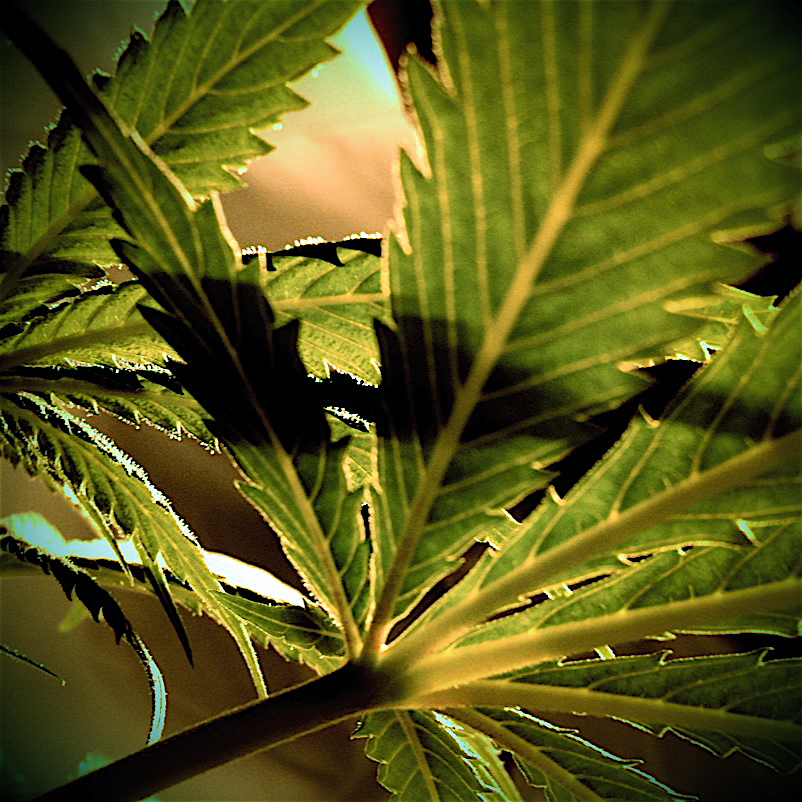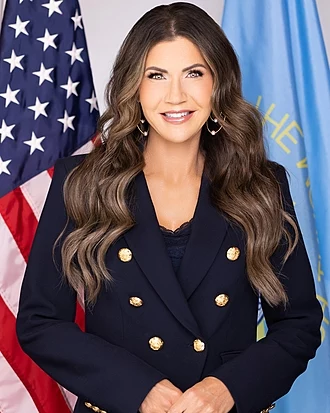
By Tom Downey
Denver Post
This summer may be a big moment in the national conversation about marijuana. With a decision coming by July 1, the U.S. Drug Enforcement Agency could partially legalize medical marijuana, and the federal government could usher in a new era with a comprehensive and multi-structural approach to pot policy. Just don’t expect to fill a marijuana brownie prescription at your local drug store any time soon.
Marijuana has been a Schedule I narcotic since 1970. That means, in the eyes of the federal government, marijuana has no medicinal value and is highly addictive. It is illegal under federal law to grow, possess or sell it. To put this in perspective, cocaine is a Schedule II narcotic — legally available under highly restrictive circumstances. The DEA’s options are to keep marijuana as Schedule I or to reschedule or de-schedule it. De-scheduling would allow use for non-medical, recreational purposes like alcohol. Rescheduling would allow use like a regular prescription issued by a physician and filled by a pharmacy under a DEA license, like Codeine. If this happened, marijuana prescriptions would almost certainly be allowed only in traditional medicinal forms, such as pills and extract drops and perhaps topical lotions and nebulizers. It’s unlikely that the DEA and the Food and Drug Administration would allow prescriptions for smokable marijuana or pot brownies and other edibles.
Although legal under state law in more than half the states, marijuana is still illegal federally, and federal law trumps. Since 2009, the federal government has followed a policy of non-enforcement. In short, the federal government is not enforcing federal marijuana laws, as long as anyone involved is in compliance with state marijuana laws. It is akin to the non-enforcement of traffic laws, for speeding a few miles per hour over the limit.
If the DEA keeps marijuana on Schedule I, the federal government risks continued suffering by those with true medical ailments and continued lack of scientific study. The DEA would be wildly out of step with rapidly changing public opinion. If the DEA de-schedules marijuana, big tobacco companies could take over, and the fears of many anti-marijuana advocates would be realized.
To read more click here.
Other Stories of Interest
- FBI’s Comey Stakes Out Unusually Public Profile on Biggest Issues
- Trump: FBI Had ‘Bad Day’ with Orlando Shooter Investigation
- FBI Arrests Basketball, Track Coach on Child Pornography Charges
- DEA Warns Cops of Dangers of Fentanyl After 2 Cops Poisoned by It
- TSA’s Precheck Program Expand to Two New Carriers





